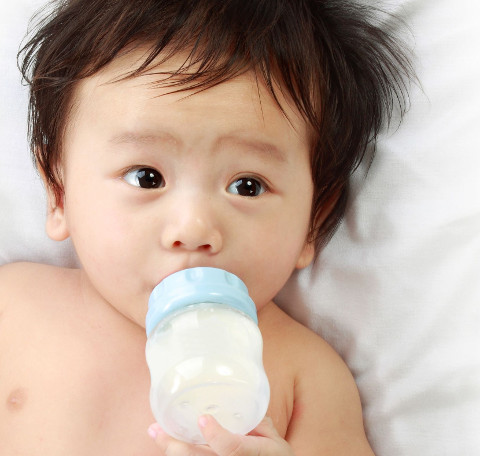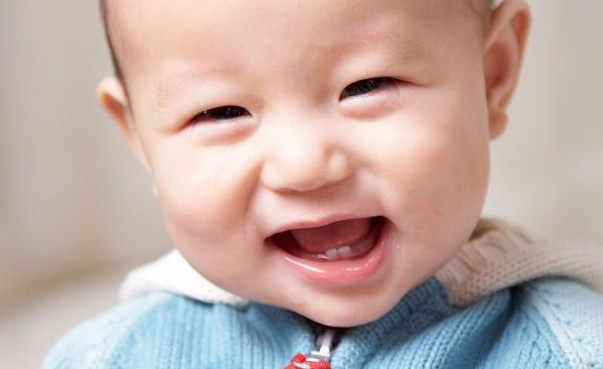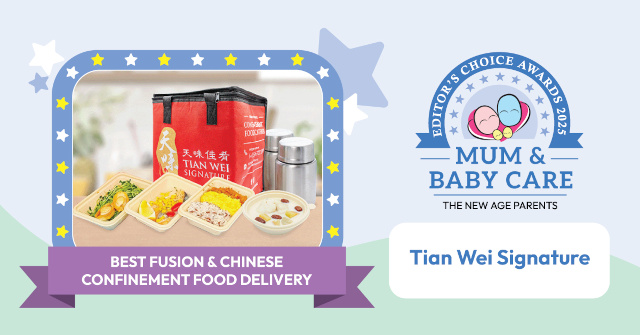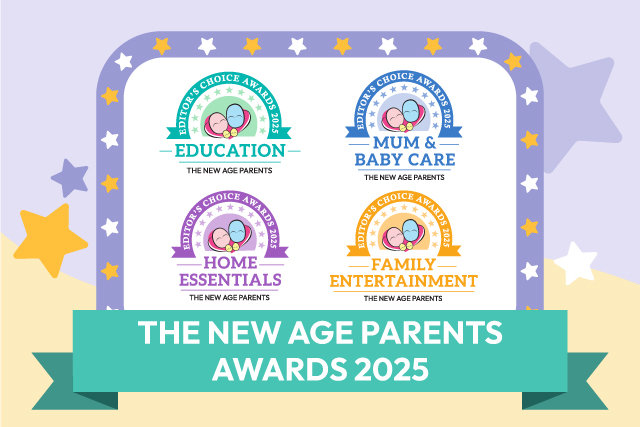Children’s teeth can decay quite easily, it’s estimated that about 40% of preschoolers in Singapore have Early Childhood Caries. Tooth decay is caused by bacteria, and this bacteria is usually transmitted from mother to baby in the first days of life. But the most severe cases of decay in children are seen in those that go to sleep with a bottle, bathing their teeth in milk for long periods of time.
While the calcium in milk helps to build strong teeth when ingested, the sugars in milk are food for the bacteria that live on the teeth, which then produce acid that eats away at the tooth surface. Tooth decay in children most commonly affects the back teeth, or molars. But decay brought on by prolonged bottle feeding will usually be seen on the upper front teeth as well.
Baby Bottle Tooth Decay – Causes, Prevention, And Strategies

Take the bottle 🍼 away after the last feed before putting the baby to sleep. The same thing applies for feeding in the middle of the night – don’t be tempted to leave the bottle in bed with the baby, no matter how tired you are! If you are breastfeeding, the same applies: don’t let the baby, (or yourself!) fall asleep when feeding. Similarly, using a bottle of milk as a pacifier during the day will also lead to the same effect – the key is the amount of time the milk spends in contact with the baby’s teeth. It doesn’t matter whether it is breastmilk, cow’s milk or formula. Indeed, fruit juices or anything with sugar in it is just as harmful. Water is the only liquid that doesn’t cause tooth decay. When the baby turns one, it’s time to start encouraging them to drink from a cup.
Start brushing your baby’s teeth twice a day as soon as they appear. You can use a damp washcloth wrapped around your finger at first but as soon as the molars appear, switch to a baby size toothbrush with a rice-sized smear of fluoride toothpaste. When your child is old enough to spit, increase the toothpaste to a pea-sized amount. Children can start brushing their own teeth at about 5, but they need supervision till at least 7 (if not older, depending on how good your child is!)

So if bacteria is transmitted from mother to baby, what does that mean if the mother doesn’t have healthy teeth? Will your child inherit the same fate? Like most things, it isn’t set in stone, you can reduce risk by maintaining good oral hygiene: brushing and flossing daily, and seeing a dentist to get your teeth cleaned and have any cavities filled- this will reduce the amount of bacteria in your mouth. The same goes for anyone else that cares for your child. This could be the father, grandparent or helper. If they are unable or unwilling to get their teeth treated, they shouldn’t share eating utensils with the child or even lick their pacifier.
If you have been putting your baby to sleep with a bottle up until today and this article is filling you with rising panic, what should you do? First of all, you need to stop using the bottle as a sleep aid. The cold turkey approach can be difficult for everyone so start by watering the milk down bit by bit over a few weeks until you end up with just water in the bottle. Then book an appointment for your child to see a dentist immediately to get their teeth checked for cavities.
By Dr Paul Wong, Dental Surgeon, T32 Dental Centre.
* * * * *
Like what you see here? Get parenting tips and stories straight to your inbox! Join our mailing list here.
Want to be heard 👂 and seen 👀 by over 100,000 parents in Singapore? We can help! Leave your contact here and we’ll be in touch.














































